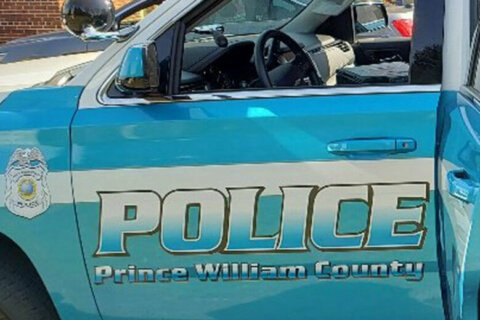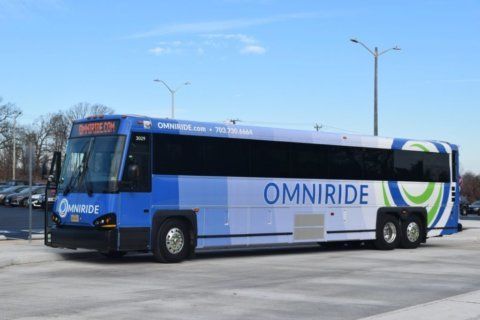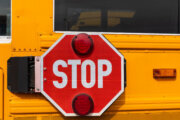WASHINGTON — Adelle Settle, a lawyer and the mother of a toddler, heard a story about lunch shaming at schools in New Mexico. Some of the students had their lunches taken from them and thrown in the trash because they couldn’t afford to pay at the time.
“Really, I was horrified. I was very sad and I wanted to know if this was happening around here,” she said.
Settle, a Prince William County, Virginia resident, found out that the county’s public schools don’t shame students and do provide meals even if a student can’t pay. But any unpaid lunch debt does go on their account, and the amount can quickly add up.
Over the course of the year, Settle said, a child can accrue a large amount of debt if they’re unable to pay for lunch but haven’t been approved for a free or reduced-cost lunch.
So Settle and her friends did some fundraising and were able to raise $1,700 in 48 hours to pay off the lunch debt at three county elementary schools.
But they decided they could do more.
Settle called the county to find out the total lunch account debt at the schools.
“It’s a humongous number. So we were a little intimidated by the fact that it is over $300,000 that Prince William County schools in total owe for lunch debt.”
So instead, they are trying to raise $160,000 on a Go Fund Me page. That’s the amount that’s heading to collections from unpaid student lunch accounts in the school system if they aren’t paid this summer.
The account has to have a debt of $50 or more to be sent to collections. So the other $140,000 of debt is from student school lunch accounts that are under the $50 threshold.
Settle said she just wants to help families who need a hand right now, families who have run into financial hard times and have not been able to pay off their child’s school lunch account.
She said she doesn’t know how far they’ll get, but she’s going to see through as far as she can to help out as many kids as she can.
“The money that we raised, we’re going to dedicate it first to the kids who maybe later in the school year were approved for free lunch but weren’t approved in the beginning of the year.”
She said being approved for free lunch later in the year shows the family has a true need. After that, money will be put toward those kids who’ve been approved for reduced cost lunch.
According to Settle, the bigger issue is our country’s failure to provide lunch to students who are in need, no matter their family’s financial situation.
She said there could be a combination of contributing factors to blame. There is some confusion about who qualifies for free and reduced lunch. She said she’s not sure if the lunch programs are being promoted as much as they should be.
“I also think there are language barrier challenges, since a lot of kids in this area may speak a different language at home. Their parents may not have a good understanding of the programs that are available to their families.”
Since the lunch program is a national program, Settle said she doesn’t know if the poverty level takes into account the cost of living for different areas. For example, if you live in a more rural area, Settle said you can buy a lot more with your money compared to living in Northern Virginia where the cost of living is so high.
She said sometimes circumstances change rapidly. If a job loss occurs or if a family experiences a financial hardship, they may not know they can apply for the free or reduced lunch program.






